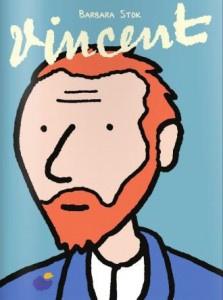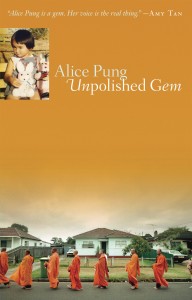Want to be inspired by others? have you ever wondered where ideas and action start? Then, maybe you need to look at some of the short but inspirational biographies found in these books:


These books provide words of advice, inspiration and explanation of how the Australians included have succeeded in making a difference in their world.
Examples include people in the world of:
- sport – Mick Fanning, Kurt Fearnley, Adam Goode, Johnathan Thurston
- art (music, dance, theatre, film) – Hugh Jackman, David McAllister
- designers – Akira Isogawa, Harry Seidler,
- politics – Jack Mundey, Bob Brown, Deng Thiak Adut
- science – Howard Florey, Victor Chang, Dr Karl
- conservation – Tim Flannery, Steve Irwin
- social commentators – Waleed Aly, Chris Riley
- and many more such as Eddie Woo!
Lesser known names are found in ‘Stand Up for the Future’, which celebrates inspirational young Australians. Those who are:
using their voices and talents to build a brighter tomorrow. (Those) who have taken their first steps towards being a game changer, and others who are firmly established as youth leaders, advocates and role models.
 These are all great examples for youth to follow – people like Dylan Alcott, Ellyse Perry, Bindi Irwin and Jess Mauboy (names we know), as well as young achievers making a difference, perhaps yet to be household names?
These are all great examples for youth to follow – people like Dylan Alcott, Ellyse Perry, Bindi Irwin and Jess Mauboy (names we know), as well as young achievers making a difference, perhaps yet to be household names?
 Each of the bio’s features fabulous illustrative interpretations of the person highlighted. Good news too that the proceeds from the sales of these books will be donated to the Smith Family to help disadvantaged young Australians. Great acknowledgement of people making a difference – and a charity supporting others who could with a little bit of help.
Each of the bio’s features fabulous illustrative interpretations of the person highlighted. Good news too that the proceeds from the sales of these books will be donated to the Smith Family to help disadvantaged young Australians. Great acknowledgement of people making a difference – and a charity supporting others who could with a little bit of help.
Have a look at these titles – an easy read, accessible to younger readers, but equally inspiring to the YA audience.

Illustrations include these – do you recognise them? Hopefully, you will be inspired by their stories, no matter what your age! (Great for a quick read, too.)

